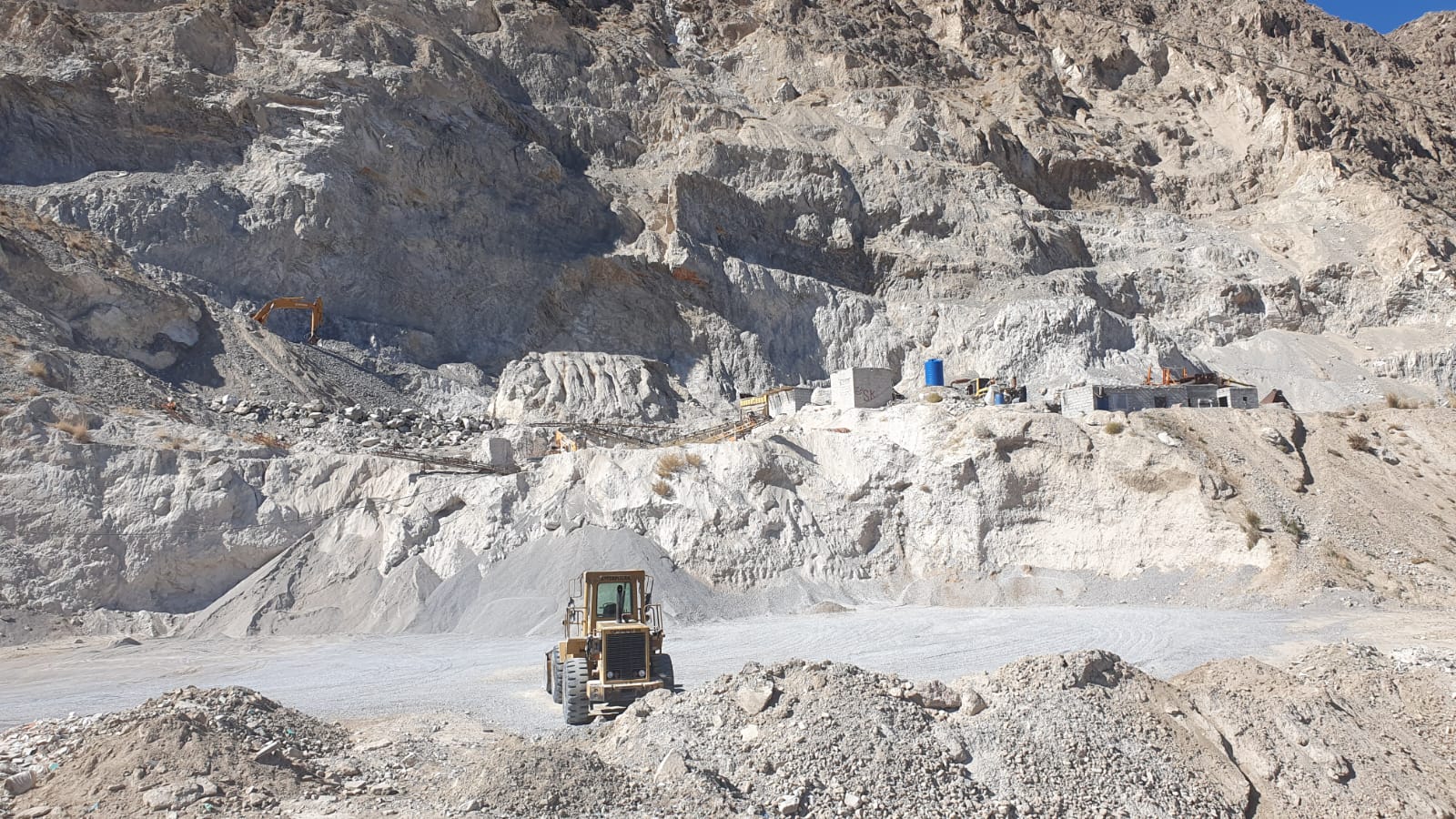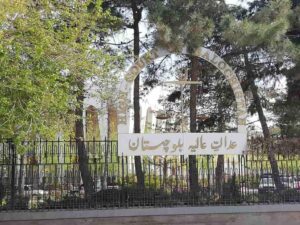Editorial:
Quetta, the capital of the Balochistan province, finds itself in the grip of a severe crisis as crushing plants operating on its outskirts continue to pose an imminent threat to human life. These plants not only release toxic chemicals into the air but also contribute to water pollution, resulting in dire consequences for respiratory health and the overall ecosystem.
Alarming Rise Of Respiratory And Allergy Diseases: Dr. Shireen Khan
Dr. Shireen Khan, a prominent chest physician, has sounded the alarm about the alarming rise in respiratory and allergy diseases, directly attributing them to the hazardous emissions from these crushing plants. Compounding the issue is the significant influence wielded by the owners of these plants, hindering necessary actions to safeguard public health.
A senior official from the Balochistan Environment Department, speaking on the condition of anonymity due to the sensitivity of the matter, has acknowledged the influential role of the plant owners. This underscores the urgency for the government to intervene and address this critical issue that directly impacts the well-being of the citizens of Quetta, the capital of Balochistan.
Plants Dangerous For Ecosystem and Human Life
Environmentalists have labeled these crushing plants as extremely dangerous for both the ecosystem and human lives. Faiz Kakar, a former Balochistan health minister and environmentalist, emphasizes the urgent need for practical action, declaring that the hazardous plants must be sealed without further delay.
The citizens of Quetta have persistently demanded the closure of these stone-crushing plants, recognizing the imminent threat they pose to their health. It is crucial for the government to listen to the concerns of the masses and take decisive steps to address this pressing issue.
Sealing Plants Imperative For Public Health
While sealing these plants is imperative for public health, it is equally vital for the authorities to ensure the provision of alternative locations for stone crushing. This move would not only mitigate the environmental impact but also safeguard the livelihoods of thousands of people currently employed in these plants.
In the face of the escalating health crisis and environmental degradation, we urge the government to prioritize the well-being of its citizens. The time for action is now, and the government must demonstrate its commitment to the health and safety of the people by swiftly addressing the issue of hazardous stone-crushing plants in Quetta, the capital of Balochistan. The inaction of today jeopardizes the well-being of future generations, making it imperative for the authorities to act responsibly and decisively.






